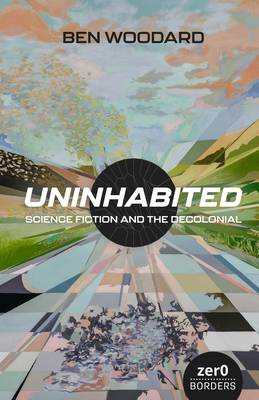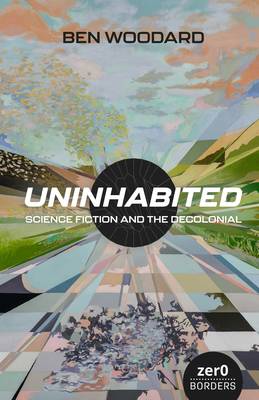
- Afhalen na 1 uur in een winkel met voorraad
- Gratis thuislevering in België vanaf € 30
- Ruim aanbod met 7 miljoen producten
- Afhalen na 1 uur in een winkel met voorraad
- Gratis thuislevering in België vanaf € 30
- Ruim aanbod met 7 miljoen producten
Zoeken
€ 16,45
+ 32 punten
Uitvoering
Omschrijving
Is it inhabited? This question makes the shared stakes of science fiction and colonialism obvious, wherein the wide imaginaries of empire and what counts as life - scientifically, ethically, politically - and the moral and technological possibilities of terraforming and the impulse for exploration are all fused. Science fiction, and the genres that preceded and grounded it, such as scientific romance and tales of lost civilizations, emerged alongside the birth of industrialized global trade and imperial rushes for new resources. If the scientific romance dramatized the effects of new technologies on history and forms of life, then lost civilization stories dealt with themes of the alien, the forgetting of history, and more explicitly, with episodes of war and oppression.
Specificaties
Betrokkenen
- Auteur(s):
- Uitgeverij:
Inhoud
- Aantal bladzijden:
- 152
- Taal:
- Engels
Eigenschappen
- Productcode (EAN):
- 9781803414485
- Verschijningsdatum:
- 1/04/2025
- Uitvoering:
- Paperback
- Formaat:
- Trade paperback (VS)
- Afmetingen:
- 136 mm x 214 mm
- Gewicht:
- 771 g

Alleen bij Standaard Boekhandel
+ 32 punten op je klantenkaart van Standaard Boekhandel
Beoordelingen
We publiceren alleen reviews die voldoen aan de voorwaarden voor reviews. Bekijk onze voorwaarden voor reviews.








